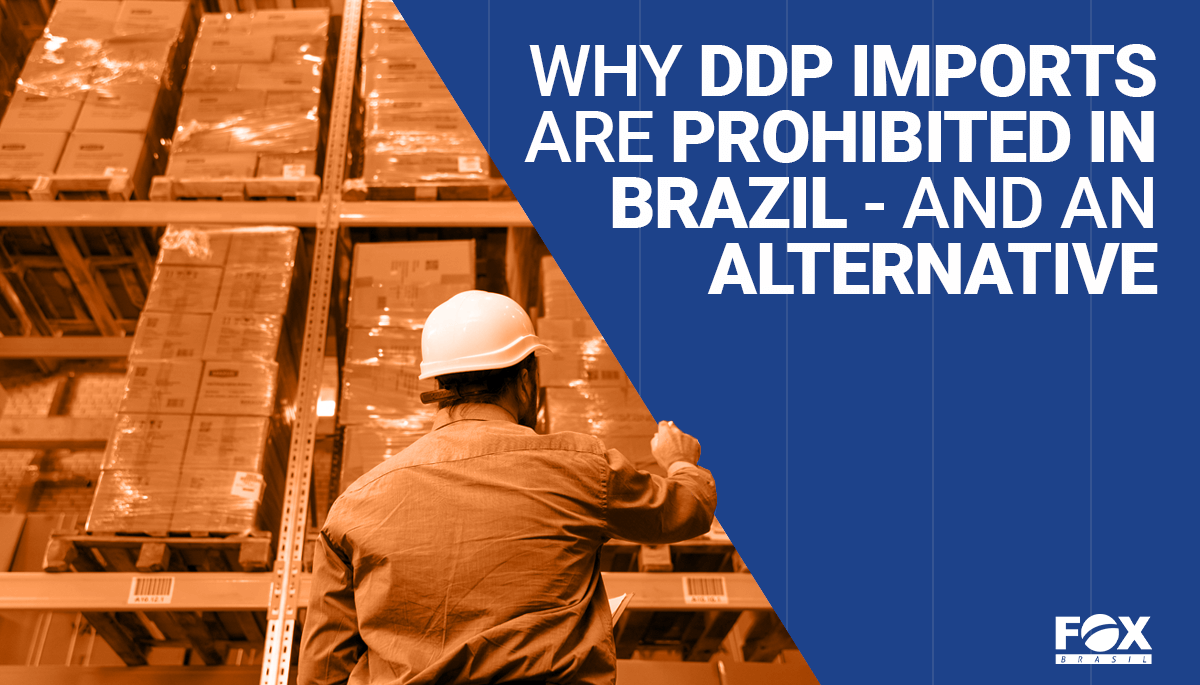Why DDP Imports are Prohibited in Brazil and an Alternative

Understand Logistics & Freight
Incoterms (International Commercial Terms) are a set of rules that became vital in international trade, defining the roles of buyers and sellers and where their responsibilities begin and end trough an international transaction of goods.
One of these rules is called Delivery Duty Paid (DDP), which places the onus of import duties and taxes on the seller. This Incoterm, however, is prohibited in imports to Brazil and, in this blog post, we will dive into the reason for this prohibition, as well as present alternatives to be used instead!
Why DDP Imports are Prohibited in Brazil
In Brazil, participation in customs clearance is exclusively reserved for companies equipped with an active RADAR. The RADAR system serves as a crucial authorization mechanism, allowing businesses to engage in import and export activities. To obtain a RADAR, possessing a CNPJ (National Register of Legal Entities) is imperative. The CNPJ, a registration document, is restricted to national companies, reinforcing the requirement for a local business presence. This regulatory framework ensures that only entities with a legitimate and recognized standing within the country can partake in the complexities of customs clearance, contributing to a secure and controlled international trade environment.
An Alternative to DDP for Imports: DAP and DPU
To navigate the Brazilian market successfully, it is advisable to consider using Delivery at Place (DAP) or Delivered at Place Unloaded (DPU) Incoterms for imports instead of DDP. These Incoterms align with Brazil’s tax and customs regulations and distribute the responsibility for import duties more evenly between buyers and sellers, ensuring compliance with the country’s legal framework.
Courier Imports and the Informal Use of DDP
An interesting exception for DDP imports exists in the case of courier imports. In Brazil, express shipments don’t require that the importers or exporters have a RADAR in order to enter the country successfully.
In such cases, the courier company takes care of customs clearance on behalf of the recipient, who typically pays import duties and taxes directly to the courier firm upon delivery.
In conclusion, the prohibition of DDP imports in Brazil is essential for upholding the country’s tax collection and customs regulations, preventing tax evasion. When conducting international trade in Brazil, the ideal choice is to contact an experience freight forwarder who can assist in making sure the operation is in accordance with the regulations of all countries involved in the international transaction.